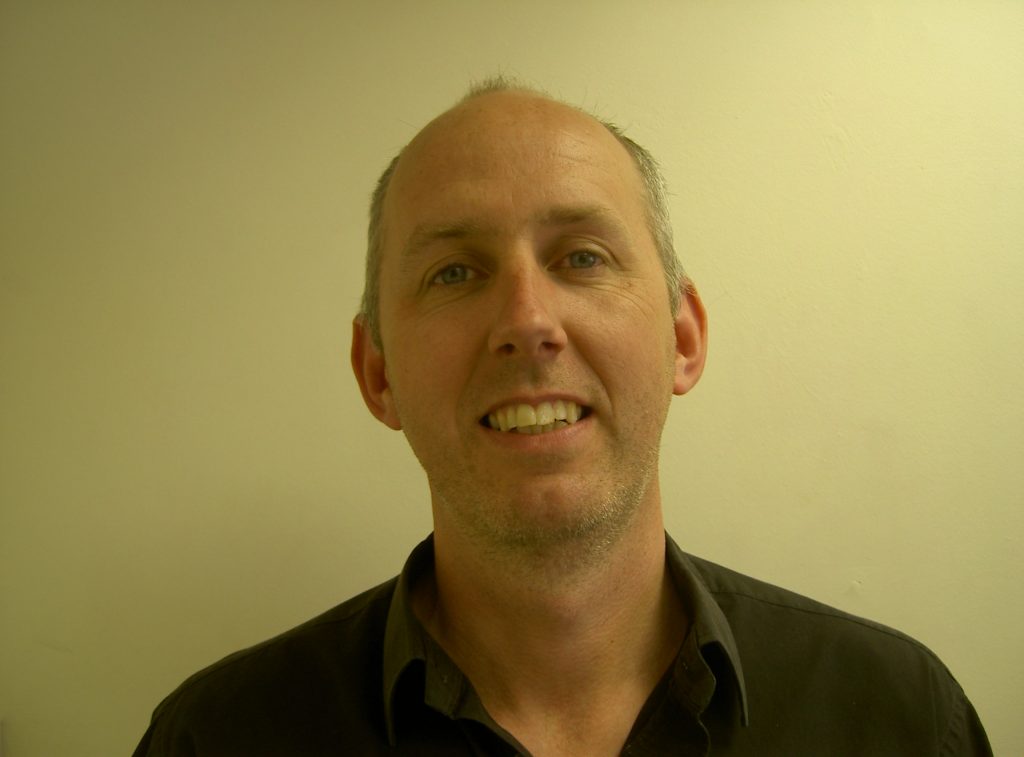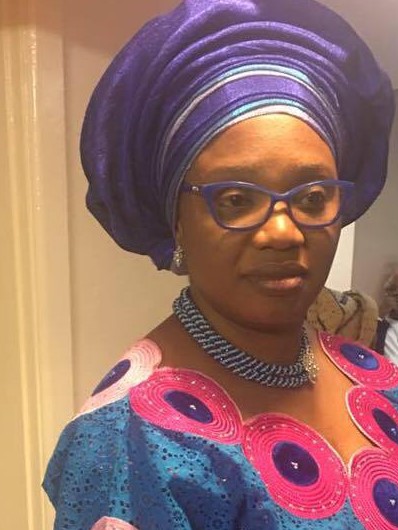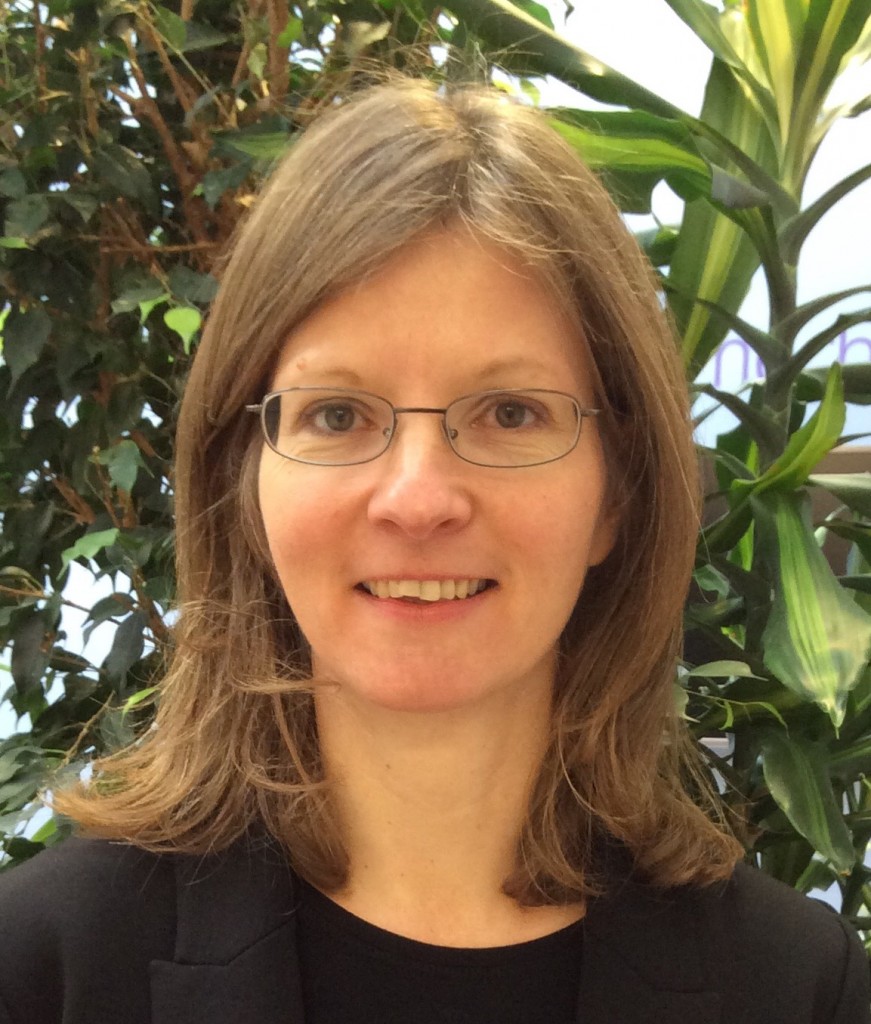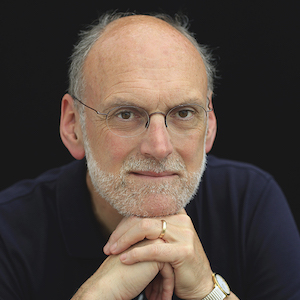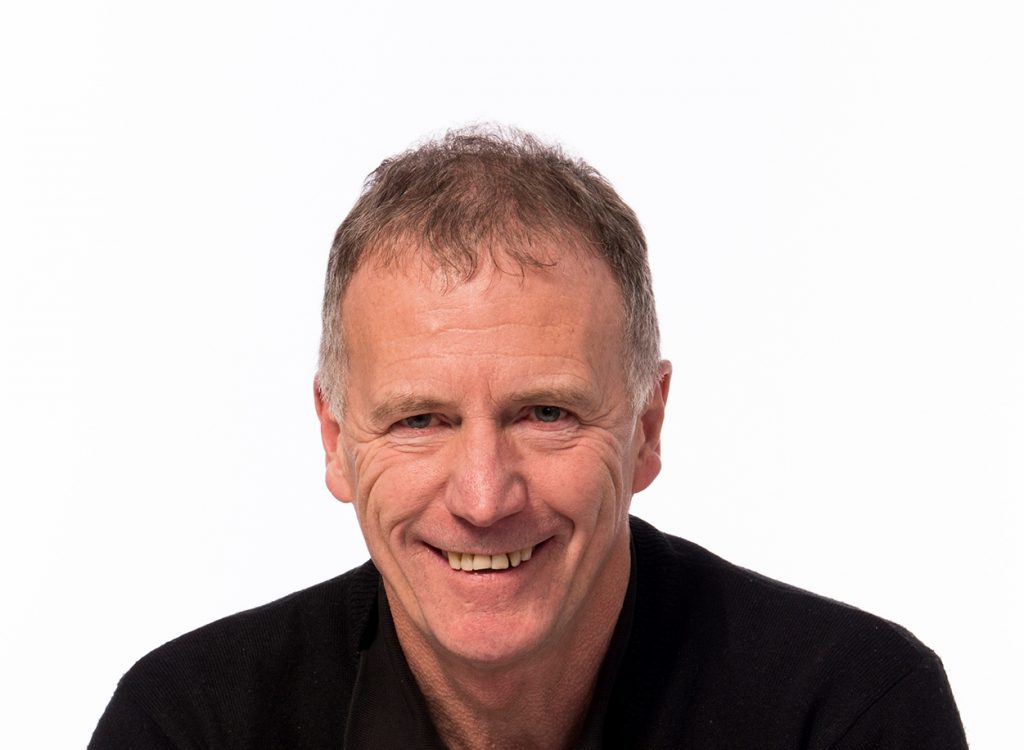An East Midlands Salon discussion led by Vanessa Pupavac and Mladen Pupavac.
Alchemy – a search for truth
Jo Herlihy discuss her book Alchemy: a search for truth
Our first Salon to be powered by Zoom. We have had many requests to made this discussion available to those who weren’t able to attend – alchemy is a popular topic on social media.
What is a citizen?
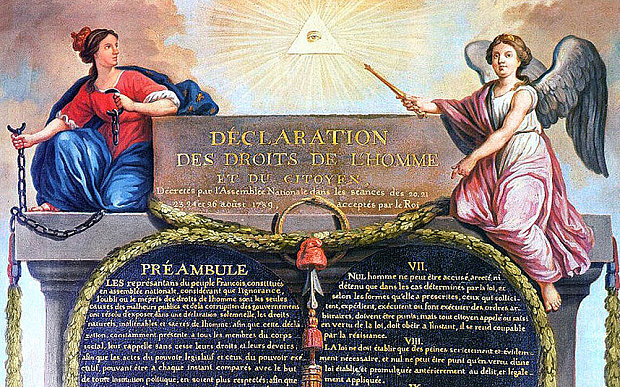
Our next Salon, powered by Zoom, will be held on Thursday 4 June at 7 PM.
Mladen Pupavac and Vanessa Pupavac from the Centre for the Study of Social and Global Justice, University of Nottingham and co-authors of the forthcoming book Changing European Visions of Disaster and Development will lead our discussion of ‘What is a citizen?’.
“The idea of being a citizen is tied to membership of a city or state, that is, rights, freedom and responsibilities derived from membership of a particular place.
Crucially as citizens we enjoy rights of political self-determination where the city or state lies.
In the modern era our core rights have been organised around being a citizen. The French Revolution put the citizens and the rights of man at its heart. However, the French philosopher Jean Jacques Rousseau had recognised a tension between the claiming the rights of man and having to being a citizen.
Some human rights advocates argue that we should move away from many of the distinctions between citizens and non-citizens, and ground more rights on universal human rights. What would we gain or lose were we to do so?
Thinking about this universal idea may help us determine what it is significant about being a citizen.”
This Salon is free but please register by emailing [email protected] and you will be sent an Agenda and a link to join the event.
(Illustration: Déclaration des droits de l’homme et du citoyen, by Le Barbier (1789) Public Domain)
Alchemy: a search for truth
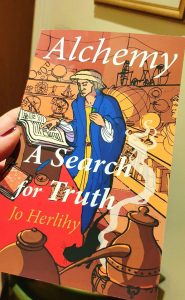
The next East Midlands Salon will take place online for the first time. Our speaker is local author and Salon member, Jo Herlihy, who will talk about her new book: Alchemy: A Search for Truth.
Her book tells the story of the people, the books, the controversies and the dangers surrounding the secretive art of alchemy and the search for truth. Alchemy is a multifaceted and mercurial subject.
In her ‘Introduction’, Jo says: ‘There is no doubt that the practical experimentation undertaken by alchemists provided real insights and new knowledge, bringing real benefits to society, and also paved the way for modern chemistry‘. Join us to hear Jo discuss this fascinating subject and join in the discussion.
Jo’s book is available on Amazon
You can follow Jo on her Instagram account: @fragmentsofalchemy
Date and Time:
Thursday 7 May 7 PM powered by Zoom (follow the link to sign up for free)
Invitation Only – for details visit our Facebook Group.
Stop Mugging Grandma
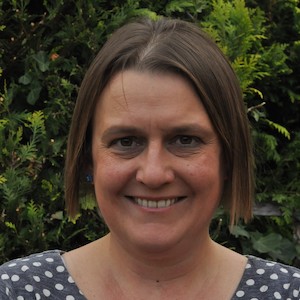
At our February Salon, sociologist, Dr Jennie Bristow will talk about her latest book STOP MUGGING GRANDMA: THE ‘GENERATION WARS’ AND WHY BOOMER BLAMING WON’T SOLVE ANYTHING. She says “Part of my motivation in writing Stop Mugging Grandma was to challenge the shrill, brittle, and dishonest framing of politics as a clash between old and young, and to warn of the dangers arising when an obsession with generation collides with the logic of identity politics.”
Date, Time and Venue: Thursday 13 February at 7 PM in the Brunswick Inn, Derby. Tickets £3 (to help cover costs). Details and tickets on Eventbrite Alternatively, pay on the door but please let the EMS know you are coming.
Why a Salon in the 2020s?
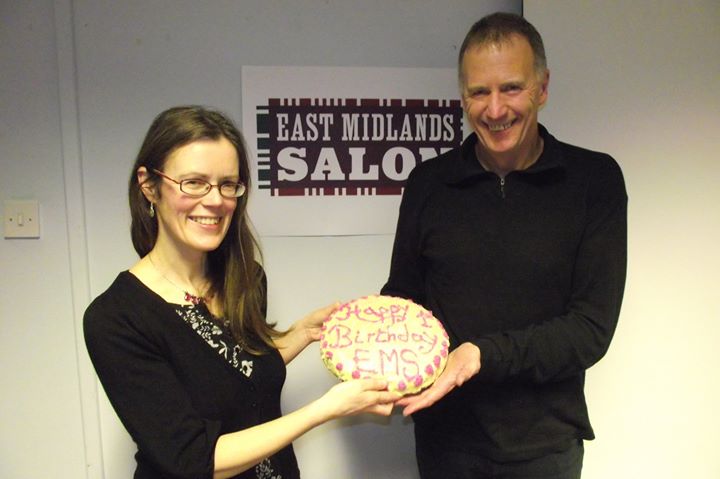
Salon organisers from Birmingham, Leeds and Manchester will be in Derby on Thursday 23 January to celebrate the 10th Anniversary of the East Midlands Salon.
The East Midlands Salon was founded in 2010. Our first Salon on 26 January featured the distinguished philosopher, poet, novelist, cultural critic and clinical neuroscientist, Professor Raymond Tallis, who defended the proposition ‘I am NOT a Beast’, and explained ‘how we humans evolved to be so different’ which was the theme of his then forthcoming philosophical essay Michelangelo’s Finger: an exploration of everyday transcendence (Atlantic Books 2011).
Since then dozens of distinguished speakers have come to Salons in Derby to engage in debates and talk about their work and often to put forward some very controversial ideas. Like other Salons in the UK and internationally, we defend the freedom to think, to act, to say what needs saying – even if it offends others. .
This 10th Anniversary Salon will be a celebratory event . We have invited speakers from other Salons to share their experiences and to discuss the importance of Salons in the 2020s. Speakers include: Simon Belt (Manchester Salon), Rosie Cuckston (Birmingham Salon) and Paul Thomas (Leeds Salon).
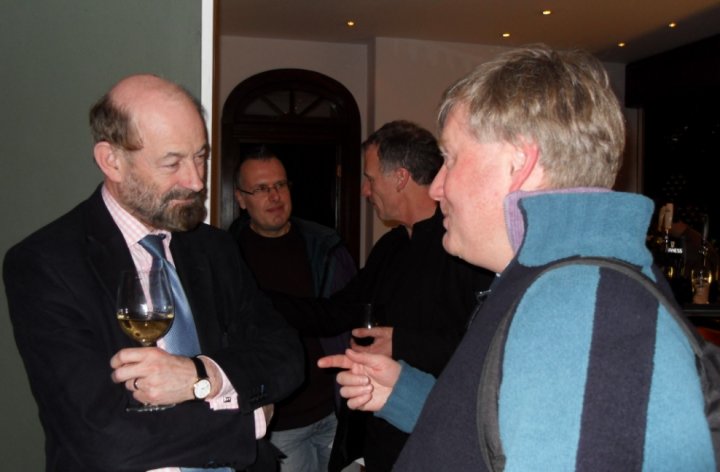
Date, Time and Venue: Thursday 23 January at 7 PM in the Brunswick Inn, Derby. (Refreshments will be provided) This Salon is free but registration via Eventbrite is required.
By erasing the past are we racialising the campus?
This debate is part of the series Killing controversy: the silencing of speech
In recent years, attempts at a variety of universities to ‘decolonise’ the curriculum have gathered momentum. The movement is underpinned by the idea that the curriculum is too full of ‘dead white men’ and needs to be more diverse. This suggests that the identity of authors is as important as their ideas and their contribution.
The arguments in favour of decolonising the curriculum suggest that students can only empathise with and learn from thinkers and writers from their own culture or racial background. Does this mean that non-white students of literature cannot understand or relate to Shakespeare in the same way as their white peers? What are the implications of this thinking? Is the decolonising movement promoting a hyper-racialism on campus?
As well as the attempt to decolonise the subjects taught, there is also an attempt to base pedagogy – that is, how you are taught – on racial or cultural lines. What are the implications of saying that students from certain cultures or racial backgrounds need different forms of teaching? Does the decolonising movement imply that your identity defines you? Though the movement may be well intentioned, does it end up being divisive?
Dr Jim Butcher (Canterbury Christ Church University) and Dr Ruth Mieschbuehler (University of Derby) will explore the background to these developments and the dangers they may present for the future of education. Folasade Lamikanra, a writer and education researcher, will chair the debate.
DATE, TIME AND VENUE: THURSDAY 28 NOVEMBER, 19:00—20:30, BRUNSWICK INN, DERBY, DE1 2RU. Tickets are £3 and can be booked in advance on Eventbrite.
Is ‘toxic masculinity’ dangerous in the academy?

In 2018 The American Psychological Association (APA) declared masculinity to be harmful and subsequently published guidelines for dealing with men and boys. Male students are now treated as inherently problematic and even dangerous to themselves and female students. They are considered to be potential sexual molesters and rapists in need of mandatory ‘consent classes’
Are these positive developments in the age of #metoo or are they a result of the feminisation of universities and a rejection of men and anything masculine?
Is the feminisation of the university to blame for worries about men?
Our Speaker is Elizabeth Hobson, communications director of the political party Justice For Men and Boys (J4MB), who will discuss these developments in relation to her campaigning experience and what she sees as a new diminished sense of what it means to be a man today. Responding to her talk will be Dr Nicholas Joseph, a parent of two girls and a lecturer at the Universities of Derby and Keele. Chairing will be Dr Vanessa Pupavac (University of Nottingham).
This is a Battle of Ideas Satellite event hosted by the East Midlands Salon and sponsored by the campaign group Academics For Academic Freedom (AFAF). It is the second in a series of three on The Silencing of Speech.
Date, Time and Venue: Thursday 14 December at 7 PM in the Brunswick Inn, Derby. Booking is essential, tickets (£3) are available on Eventbrite.
The dangerous rise of academic mobbing
From Socrates to Salman Rushdie heretical thinkers and writers have been persecuted by powerful authorities whether they were the church or the state. In the last few years a new form of persecution of dissident voices has appeared not from without but from within universities which are supposed to be bastions of free speech. That persecution comes not from government or bureaucracies but from academics themselves in alliance with students. Open letters, petitions and campaigns by academics and students to get academics removed from their posts are the new form of censorship. AFAF’s The Banned List gives many examples which, in 2019 alone, include Noah Carl, John Finnis, Jordan Peterson, Michelle Moore, Nina Power and the latest, Boris Johnson.
Our speaker, in conversation with Professor Dennis Hayes (Director, Academics for Academic Freedom), is Professor Nigel Biggar (Regius Professor of Moral and Pastoral Theology, University of Oxford). In 2017 Professor Bigger was subject to an international campaign to close down his five-year ‘Ethics and Empire’ project which sought to have a balanced assessment of colonialism. Critics said he was an apologist for colonialism.
This is a Battle of Ideas Satellite event hosted by the East Midlands Salon and sponsored by the campaign group Academics For Academic Freedom (AFAF). It is the first in a series of three on The Silencing of Speech.
All three Salons take place at the Brunswick Inn, Derby. For tickets and further details go to Eventbrite (£3 for each event).
Summer Salon Book Launches

Thursday 23 May is the East Midlands Book Launch of The Labour of Words in Higher Education: Is it time to reoccupy policy? when Professor Sarah Hayes (University of Wolverhampton) will introduce her new book which analyses the rhetoric of McPolicy that is disempowering academics.
Date, Time and Venue: Thursday 23 May at 7 PM in the Brunswick Inn, Derby.
Tickets £3 on Eventbrite (We know it’s the European elections, so vote early and come along!).
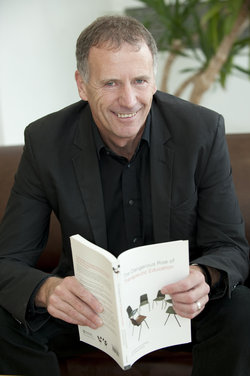
Thursday 20 June is the East Midlands Book Launch of The Dangerous Rise of Therapeutic Education Second Edition in the Routledge Education Classic Series when Professor Dennis Hayes (University of Derby) will discuss the continuing dangerous rise of therapy in education since his and Kathryn Ecclestone’s controversial and bestselling book first appeared in 2008.
Date, Time and Venue: Thursday 20 June at 7 PM in the Brunswick Inn, Derby.
Tickets £3 on Eventbrite.
